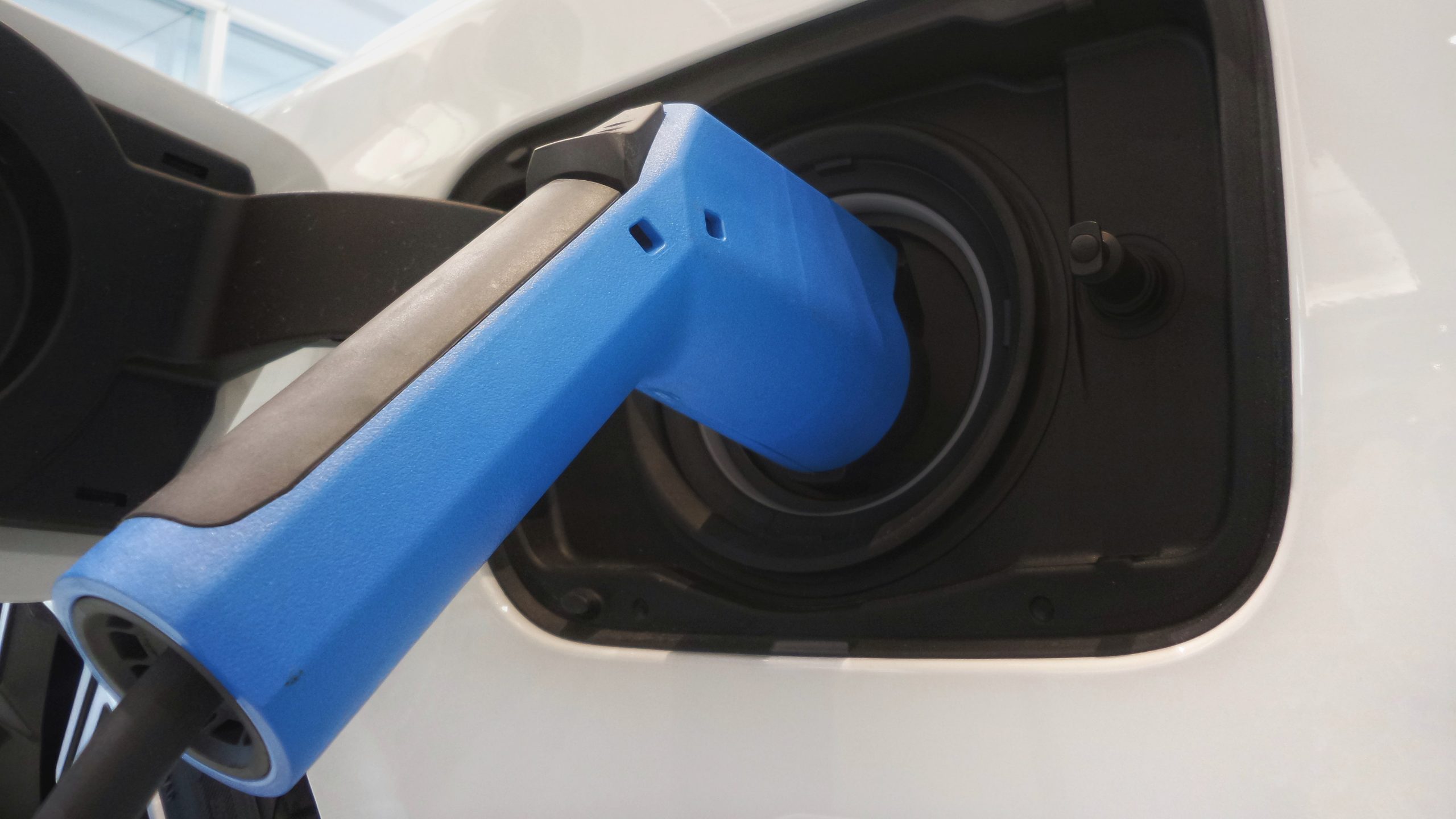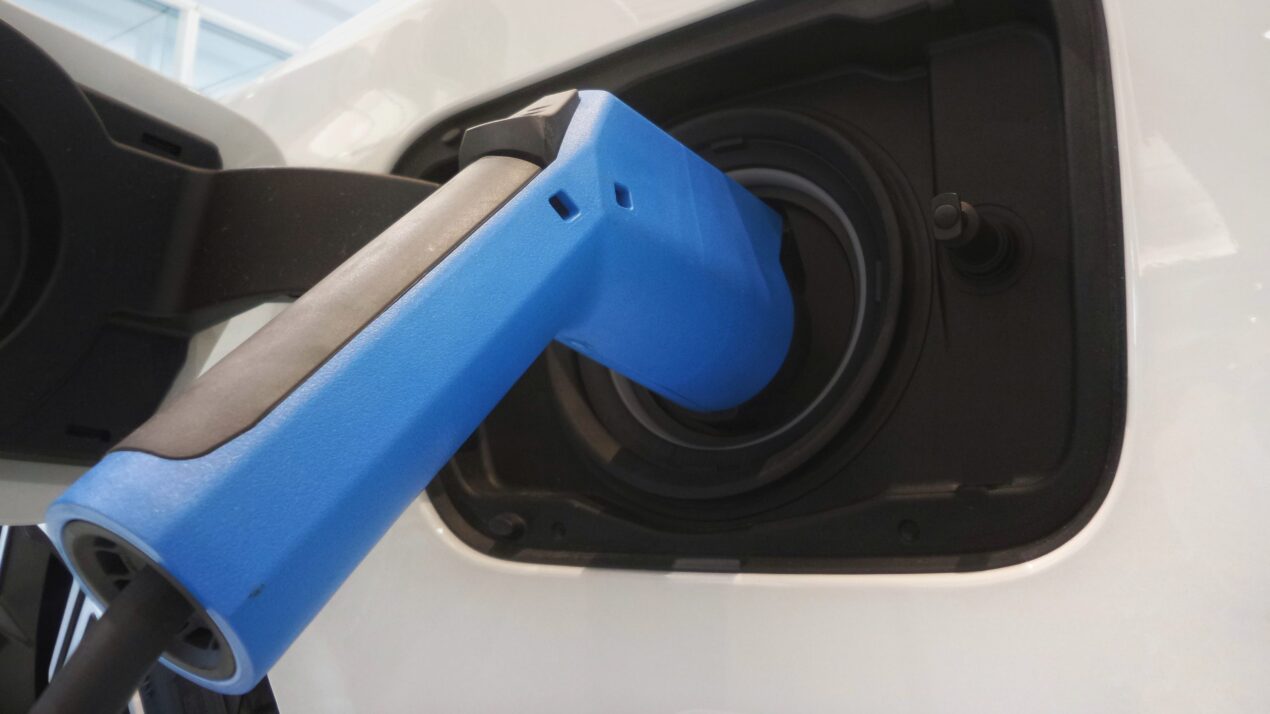
Policy Solution
Vehicle electrification
Incentive

Summary
Electrifying and reducing the fuel load of vehicles reduces excess urban heat emitted by gasoline-powered vehicles.
Implementation
Promote electric vehicle adoption by offering rebates or tax credits for the purchase or lease of electric or hybrid vehicles.
Considerations for Use
Consider a progressive incentive structure with higher rebates for low- to moderate- income consumers.
Overview
Climate:
Cold, Hot/Dry, Hot/Humid, TemperatePolicy Levers:
IncentiveFinancial and non-financial incentives to encourage stakeholders to implement heat risk reduction and preparedness solutions, including rebates, tax credits, expedited permitting, development/zoning bonuses, and more.Trigger Points:
City planning processesIncludes city initiatives such as the development of climate action plan, pathway to zero-energy, master plan, transit plan, energy mapping etc.No-regrets actions (low cost/low effort but substantial benefit)Interventions that are relatively low-cost and low effort (in terms of requisite dependencies) but have substantial environmental and/or social benefits.Intervention Types:
Planning/PolicySectors:
Transportation
Case Studies
Impact
Target Beneficiaries:
ResidentsPhase of Impact:
Risk reduction and mitigationMetrics:
Number of electric vehicles, Number of residents participating in program
Implementation
Intervention Scale:
City, Nation, State/ProvinceAuthority and Governance:
City government, National government, State/provincial governmentImplementation Timeline:
Short-term (1-2 Years)Implementation Stakeholders:
City government, Industry, PublicFunding Sources:
Public investmentCapacity to Act:
High, MediumBenefits
Cost-Benefit:
LowPublic Good:
MediumGHG Reduction:
MediumCo-benefits (Climate/Environmental):
Reduce air and water pollution, Reduce greenhouse gas emissionsCo-benefits (Social/Economic):
Improve the public realm